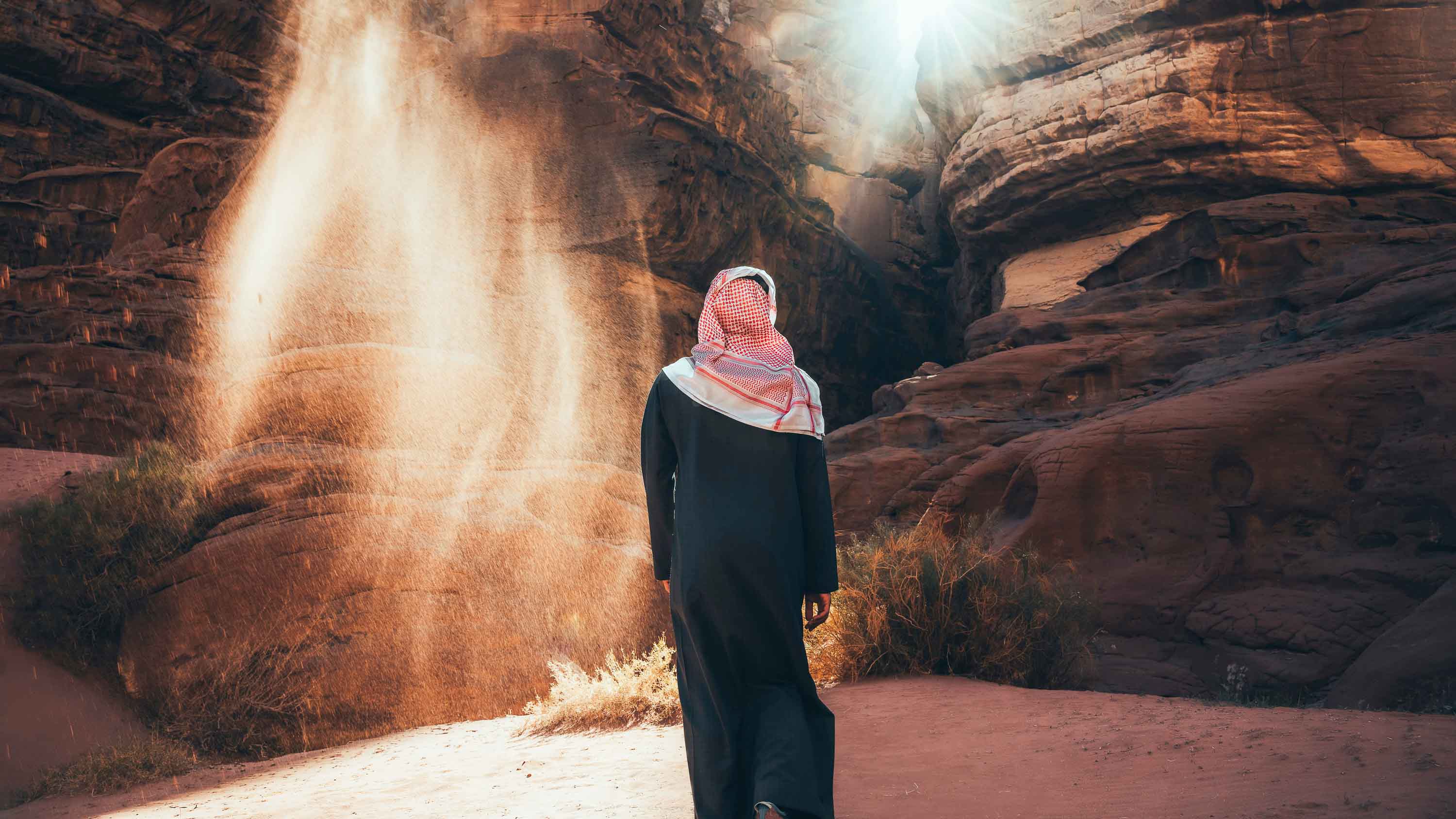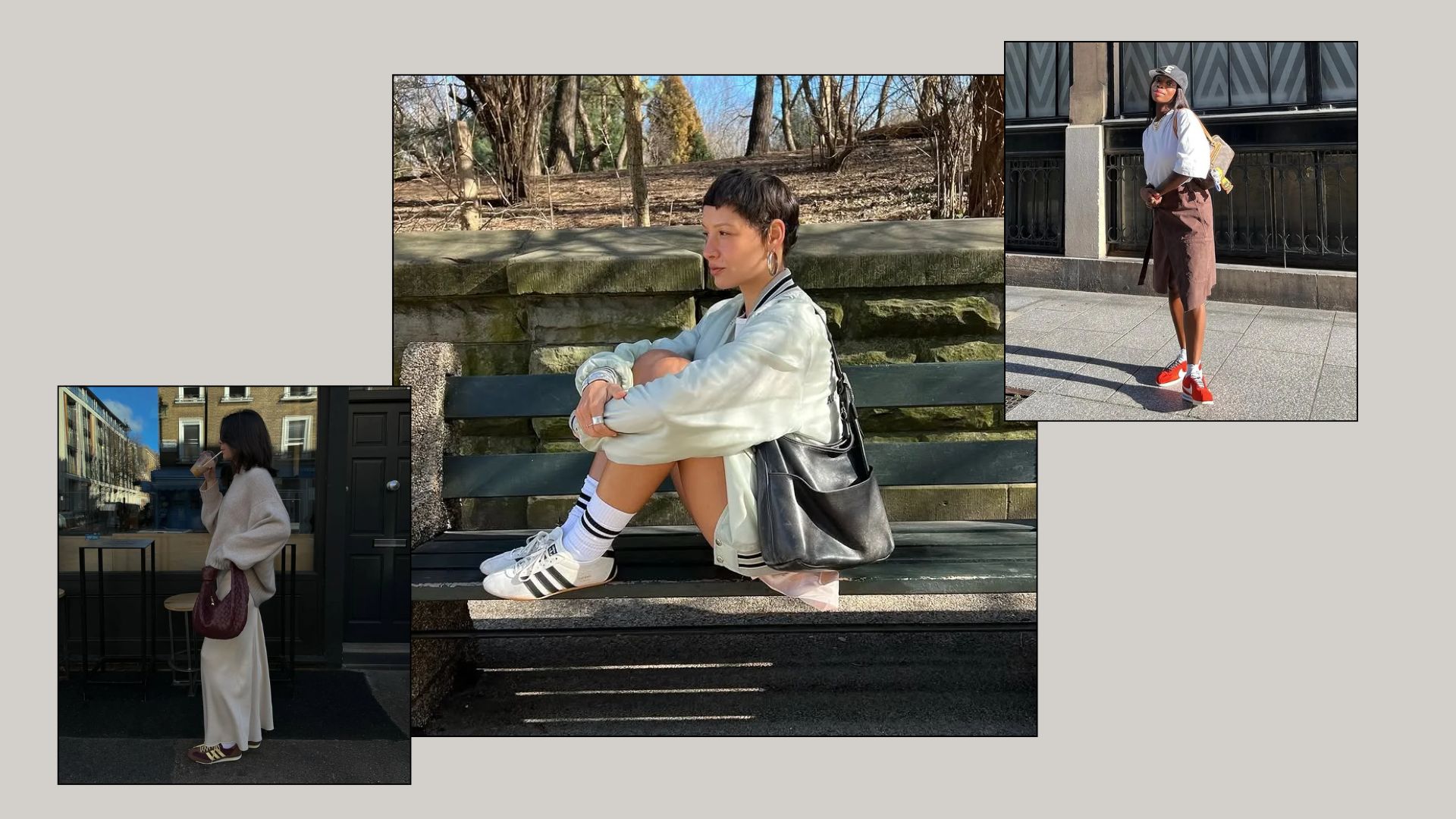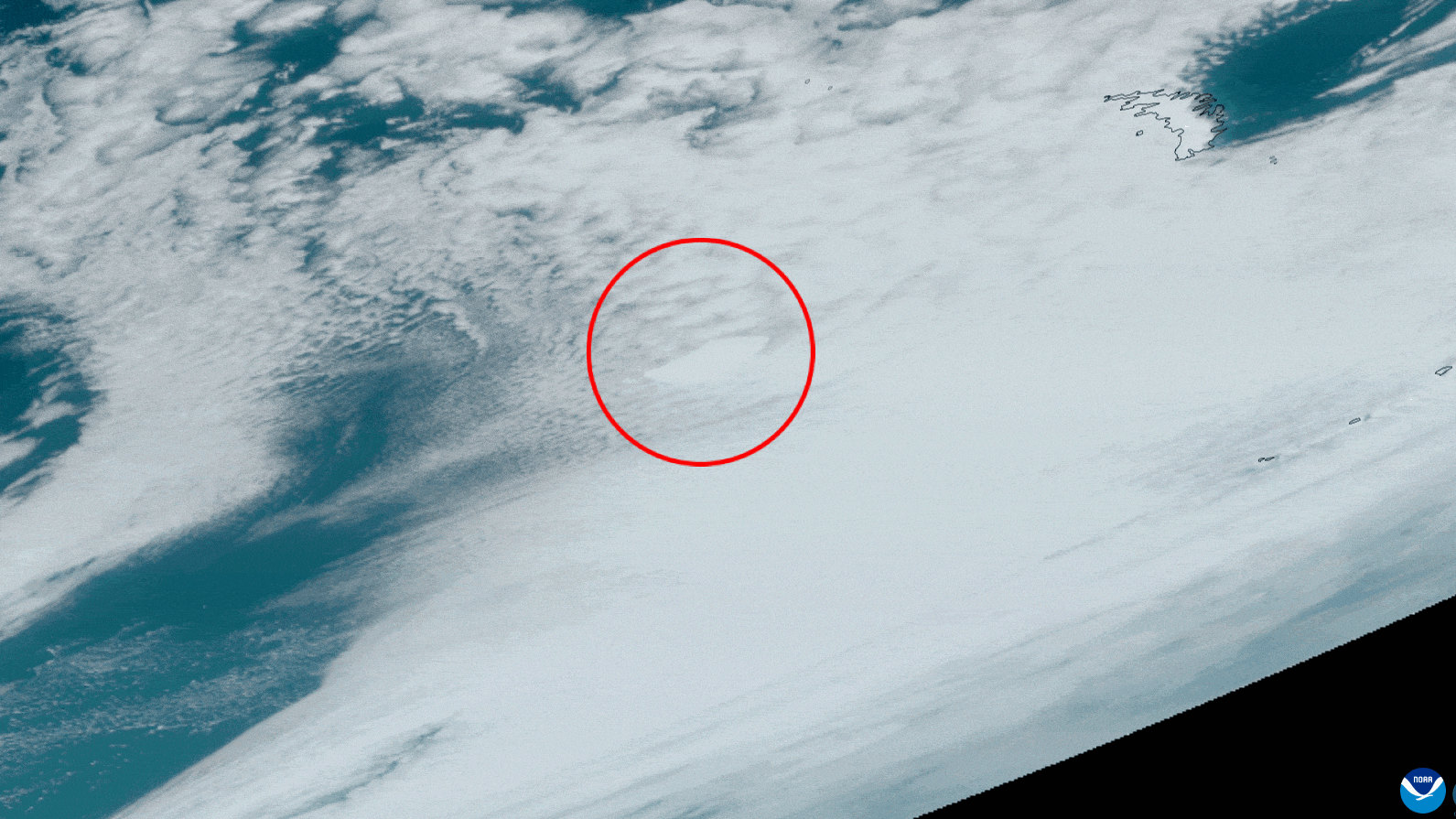Consider The Rocks, and You Might Feel Better
My preschooler is awed by many things, some of them more generally relatable than others. A spider in the sliding-door track. Mist coming through the woods. Irish butter. And rocks. For a long while now, her favorite miracles have been rocks. She doesn’t anthropomorphize them, turn them into pets, or expect unreasonable things from them. […]
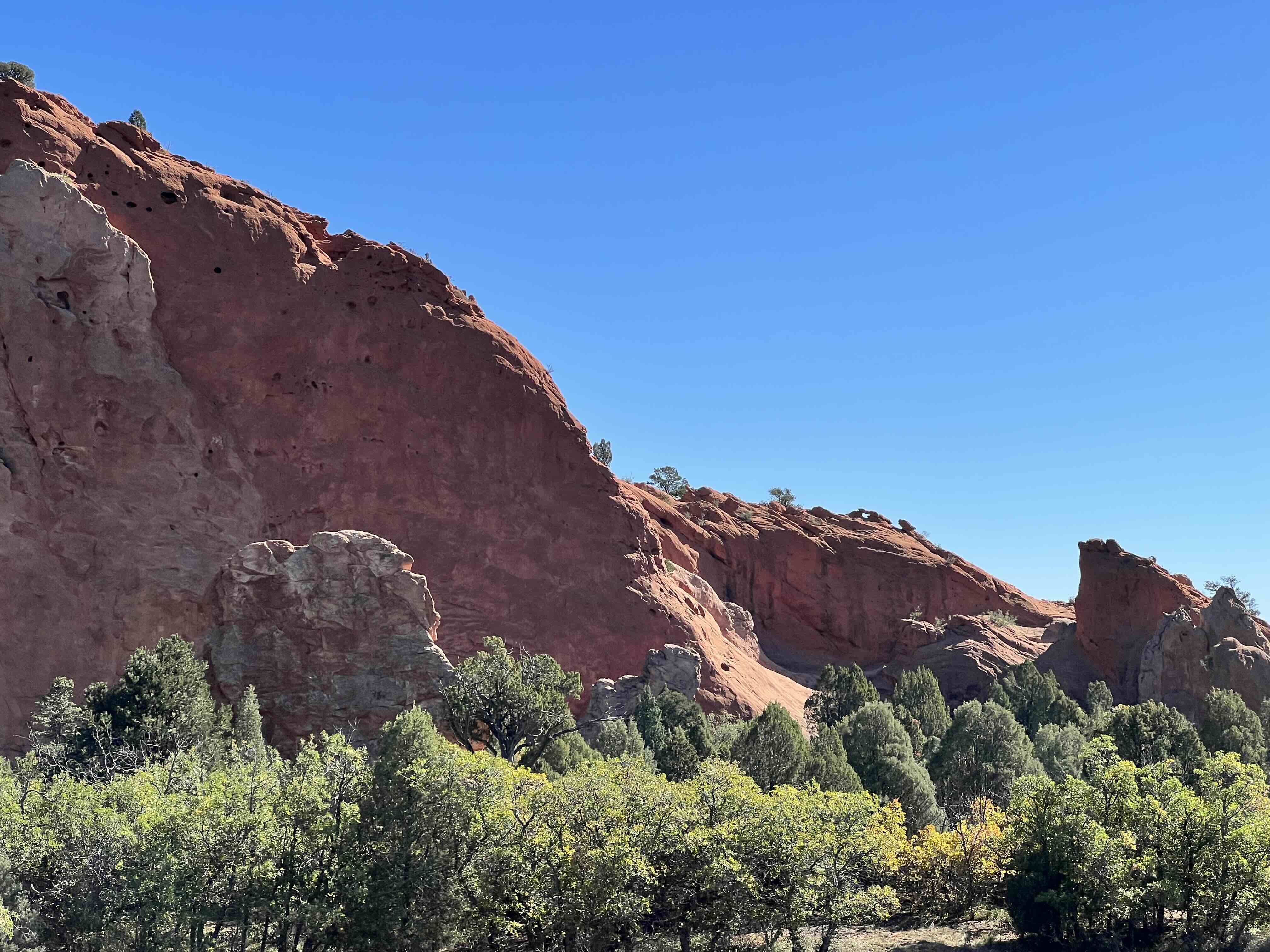

My preschooler is awed by many things, some of them more generally relatable than others. A spider in the sliding-door track. Mist coming through the woods. Irish butter. And rocks. For a long while now, her favorite miracles have been rocks.
She doesn’t anthropomorphize them, turn them into pets, or expect unreasonable things from them. She respects them as they are.
To her, all rocks are “peshal” (special) and deserving of her regard. They don’t exist as proof of some epic backpacking trip, or as mementoes of places we have traveled. Her rocks come from someone else’s lawn, from the parking lot at Noodles and Company, always from playgrounds, always from hikes.
Because of her, I find rocks on the bathroom floor, in the laundry basket, nestled inside cups in the kitchen cupboard. She got a new coat recently and it has a little chest pocket, which for adults might hold your ID or your sunglasses. She unzipped the pocket and announced, “this coat has a rock pocket!” It always has a rock in it, always a different rock, which she takes out and holds and gently puts back.
She genuinely loves rocks, and maybe she will be a geologist, or a rock climber. I try not to overthink it. For now, I think of the rocks as a testament to her character. She loves and honors the smallest, most lowly things, the things most people don’t think about at all, except in the context of kicking them, or removing them from one’s path, or maybe making them the path upon which to tread.
Right now, she does not need all the information I have about rocks. Some of this information I am saving for later, when she is older, and she can understand what rocks represent, rather than what they simply are.
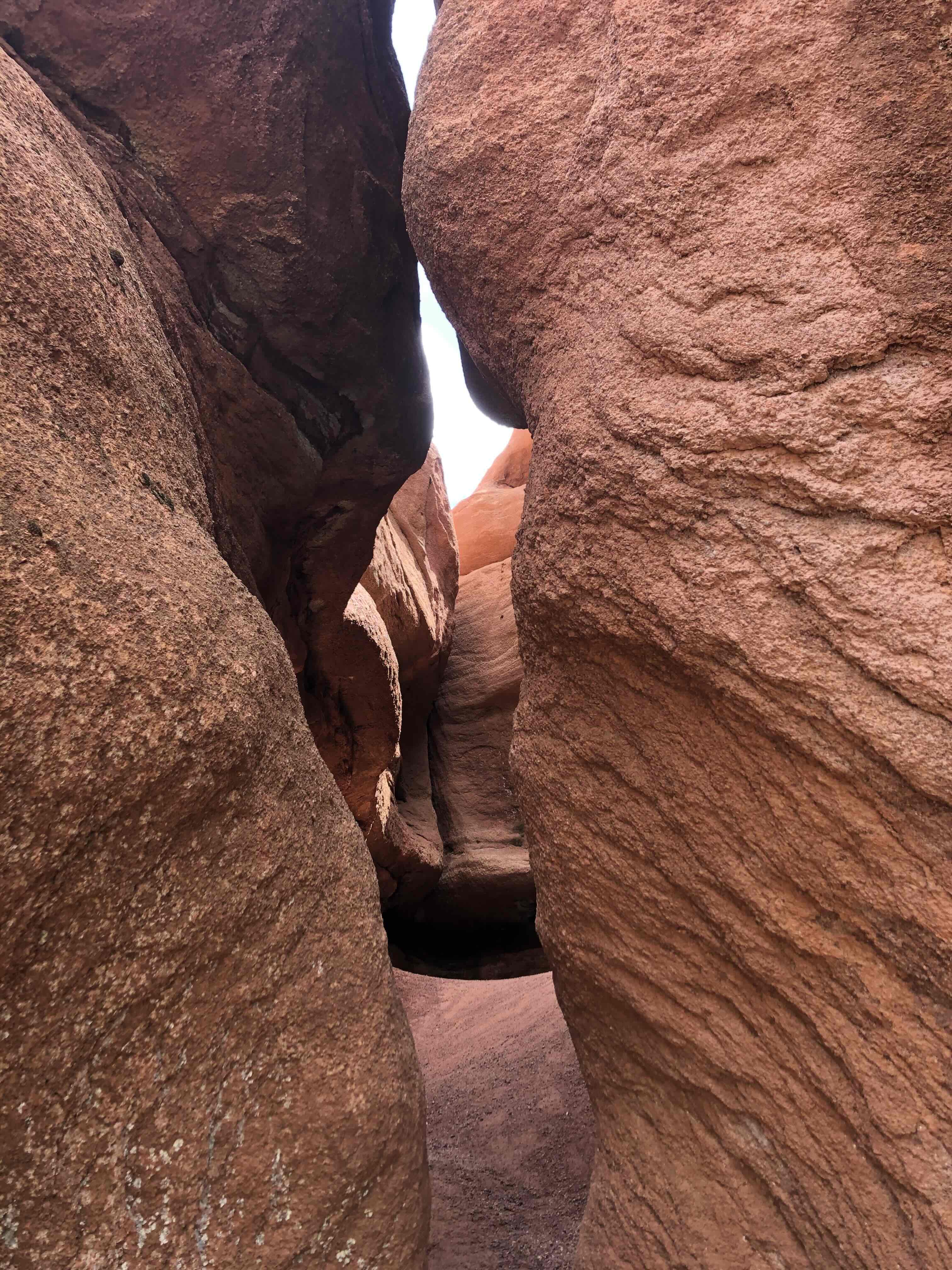
Rocks are hard, but they soften under pressure. They do not give in easily, but when they are forced to do so, the Earth itself shakes. Rocks harbor life. They make up the surface of this world, and they give us purchase in an otherwise uncaring universe. They are strong. It takes a lot of power, by which I mean violence, to break them. When they do break, they are never really destroyed; they just become something new. Even when they are pulverized into dust, drowned in water, tumbled in mayhem, they do not fail but become other, stronger rock — metamorphic rock, or concrete.
Rocks and the minerals in them are the mountains and the seafloor. They are food for trees and crops; they are our roads and sidewalks and trails. We can move them, but it is hard work.
We can learn a lot from rocks. We can learn how to be crushed, tossed, drowned and then remade into something new, and even stronger. We can learn how to let time shape us, and to let experience soften us. We can hold life, and provide it safe harbor.
What would happen if we all looked for wonder in such forgotten things? What if we found purpose in the objects and the lives that the rulers prefer to ignore, or do their best to destroy? What if every rock on this rocky world really was “peshal,” and all of us were too?
Images: Some favorite rocks in Colorado Springs, by the author









































